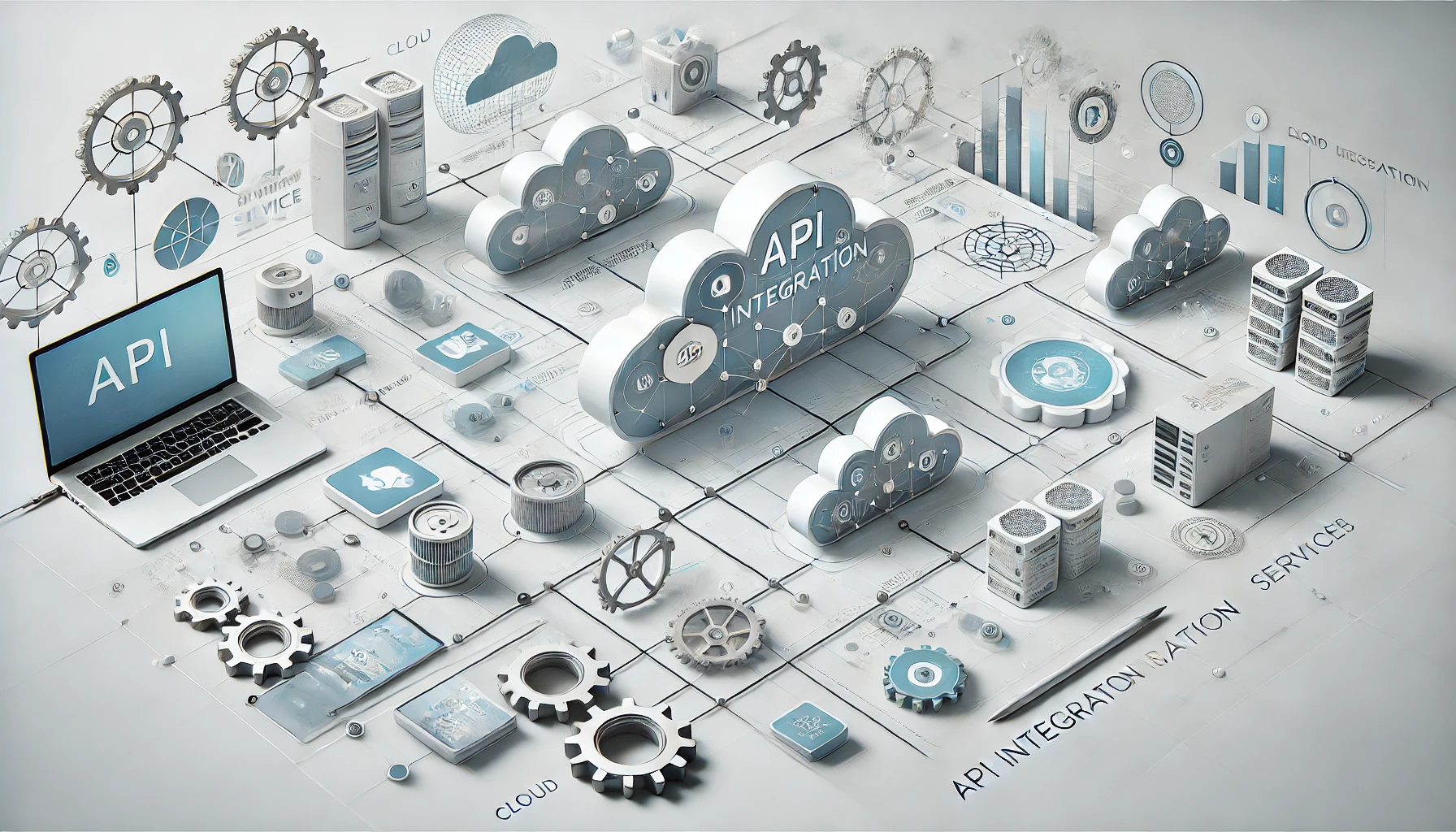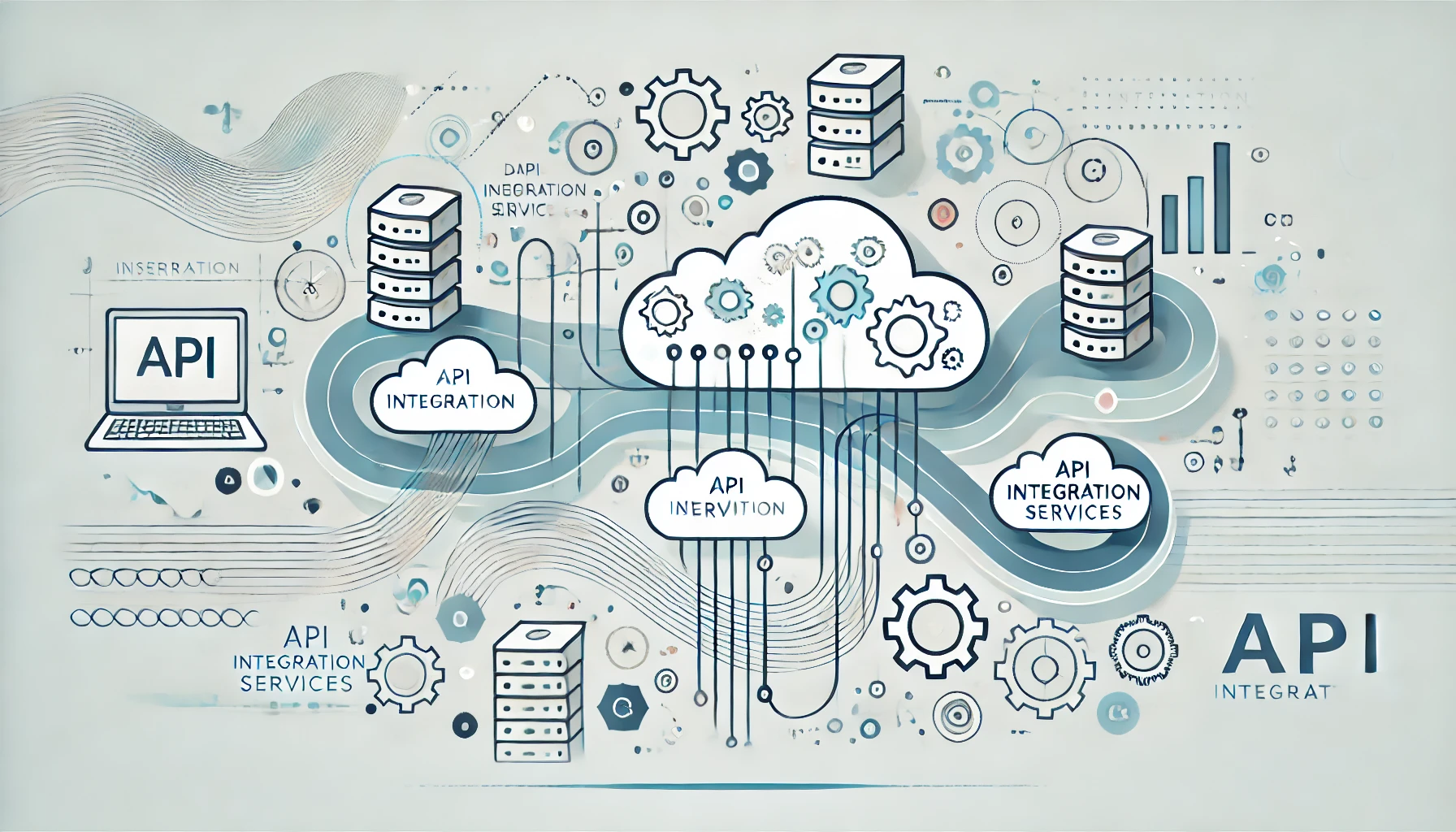You might not be aware that API integration services are revolutionizing industries like healthcare, finance, education, retail, and manufacturing. From enhancing patient care to streamlining financial processes, these services are reshaping the way businesses operate. Imagine the possibilities of seamless data exchange, improved efficiency, and enhanced customer experiences across various sectors. Explore the transformative impact of these 5 crucial API integration services and how they are shaping the future of different industries.
Healthcare API Integration
Healthcare API integration plays a crucial role in streamlining and enhancing communication and data exchange within the healthcare industry. By enabling seamless connectivity between different healthcare systems and applications, APIs facilitate the secure and efficient sharing of patient data. This interoperability not only improves the accuracy and accessibility of patient information but also enhances the overall quality of care delivery.
One key area where healthcare API integration is particularly valuable is in telemedicine solutions. APIs allow telemedicine platforms to integrate with electronic health records (EHR) systems, enabling healthcare providers to access real-time patient data during virtual consultations. This integration ensures that clinicians have up-to-date information at their fingertips, leading to more informed decision-making and better patient outcomes.
Finance API Integration
API integration in the finance sector is a pivotal component for enhancing operational efficiency and expanding service capabilities. When it comes to Finance API Integration, two crucial aspects that need to be prioritized are compliance automation and data security. Here are five key reasons why these elements are vital in the finance industry:
- Enhanced Compliance Automation: Utilizing APIs can streamline compliance processes, ensuring that all financial transactions adhere to regulatory standards.
- Improved Data Security Measures: APIs enable the implementation of robust security protocols to safeguard sensitive financial information from cyber threats.
- Efficient Transaction Processing: Integration of APIs allows for seamless and speedy processing of transactions, enhancing overall operational efficiency.
- Real-time Access to Financial Data: APIs provide real-time access to financial data, enabling quicker decision-making and enhancing customer service.
- Integration with Fintech Solutions: APIs facilitate integration with various fintech solutions, enabling financial institutions to offer innovative services to their customers.
Education API Integration
Exploring the realm of Education API Integration unveils a landscape rich with possibilities for transforming the educational experience. By integrating APIs into learning platforms, educational institutions can streamline processes, enhance communication, and provide personalized learning experiences for students.
One key benefit of Education API Integration is the ability to securely manage and exchange student data across different systems. APIs facilitate seamless data transfer between student information systems, learning management systems, and other educational tools, ensuring that educators have access to up-to-date information to support student success.
Moreover, APIs enable the integration of third-party applications and services, expanding the functionality of learning platforms and enriching the educational experience. For example, by integrating APIs for virtual reality or gamification tools, educators can create engaging and interactive learning environments that cater to diverse learning styles.
Retail API Integration
With the rise of digital transformation in various industries, Retail API Integration has emerged as a pivotal tool for optimizing operations and enhancing customer experiences. When it comes to retail, E-commerce optimization and inventory management are crucial aspects that can significantly benefit from API integration.
- Real-Time Inventory Updates: APIs allow for seamless communication between different systems, ensuring that inventory levels are always up to date across all platforms.
- Personalized Shopping Experiences: By integrating APIs, retailers can access customer data from various touchpoints to tailor personalized recommendations and offers.
- Streamlined Order Processing: API integration streamlines the order fulfillment process, reducing errors and enhancing efficiency.
- Multi-Channel Selling: APIs enable retailers to easily manage inventory and sales across multiple online platforms and physical stores.
- Enhanced Analytics: By integrating APIs, retailers can gather valuable data insights to make informed decisions regarding inventory management and customer preferences.
Incorporating Retail API Integration can revolutionize how retailers operate, providing a competitive edge in today’s digital market.
Manufacturing API Integration
Transforming the landscape of manufacturing operations, the integration of technology through APIs has become a game-changer in the industry. By incorporating API integration, manufacturing companies can streamline their processes, enhance communication between different systems, and improve overall efficiency. One key area where manufacturing API integration proves invaluable is in optimizing the supply chain. APIs facilitate real-time data exchange between suppliers, manufacturers, and distributors, enabling better inventory management, demand forecasting, and logistics coordination. This enhanced visibility across the supply chain leads to reduced lead times, lower inventory costs, and improved customer satisfaction.
Moreover, manufacturing API integration plays a crucial role in boosting production efficiency. By connecting various software and machinery through APIs, manufacturers can automate repetitive tasks, monitor equipment performance in real-time, and implement predictive maintenance measures. This proactive approach not only minimizes downtime but also enhances the quality and output of manufactured goods. Overall, the implementation of APIs in manufacturing processes is essential for staying competitive in today’s fast-paced market environment.
Frequently Asked Questions
How Can API Integration Improve Patient Data Security in Healthcare?
To enhance patient data security in healthcare, API integration enables robust data encryption and access control. By securely transmitting and managing data between systems, API integration ensures sensitive information remains protected throughout the healthcare ecosystem, safeguarding patient privacy.
What Are the Key Benefits of API Integration for Investment Firms?
In the world of investment, API integration acts as a symphony conductor, orchestrating increased automation and improved efficiency. It streamlines data flow, enhances decision-making, and boosts client experiences. Dive in for a harmonious financial journey!
How Can API Integration Enhance Student Enrollment Processes in Education?
Enhancing student enrollment processes through API integration can streamline enrollment automation, leading to a more efficient and engaging experience. By integrating systems, you can simplify enrollment steps, improve data accuracy, and boost student engagement.
What Retail-Specific Challenges Can Be Addressed Through API Integration?
To address retail-specific challenges, API integration can streamline inventory management by syncing data across platforms. Enhance customer engagement through personalized experiences like real-time product availability. Implementing APIs enhances operational efficiency and promotes seamless transactions for customers.
How Does API Integration Streamline Supply Chain Management in Manufacturing?
You might not believe it, but API integration in manufacturing can work wonders. It’s like a magic wand that improves efficiency, reduces costs in supply chain management. Streamlining processes, connecting systems – it’s a game-changer.


